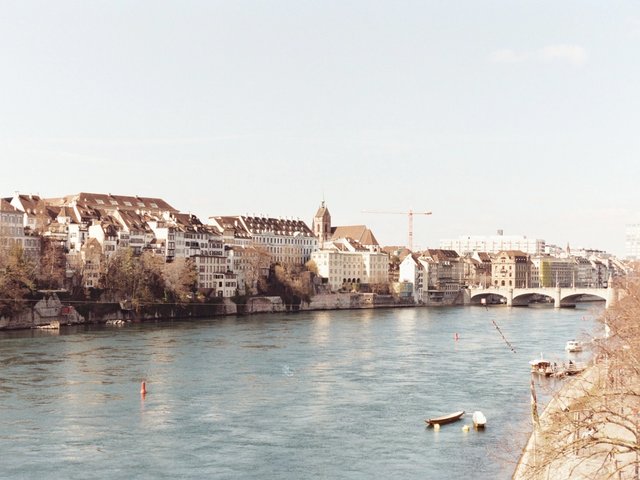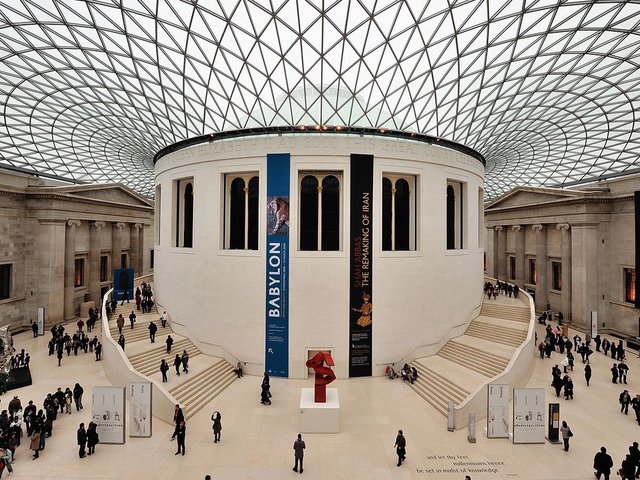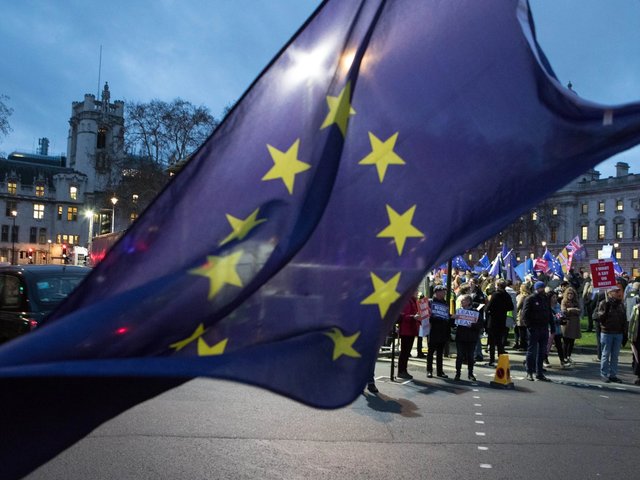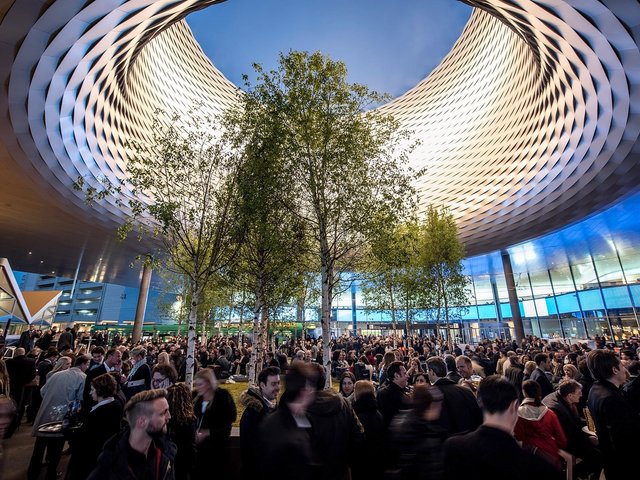Uncertain times have always been Switzerland’s forte. During the Reformation, the Swiss cantons offered refuge for Protestants fleeing hostilities in neighbouring Catholic states. In the 19th century, Russian exiles including Vladimir Lenin and Mikhail Bakunin took shelter in Alpine idylls. Fast-forward to the early 20th century: some 300,000 people passed through Switzerland while the Nazis ruled Germany.
The country also took in thousands of Jewish children during and after the Second World War, and during the Cold War thousands of Czechs, Hungarians and Slovaks arrived as refugees. That is in addition to the newer arrivals: dozens (if not hundreds) of Saudi princes, Cameroonian oligarchs, Swedish tax-dodgers and “tech wives and girlfriends” who, when faced with more recent and varied problems back home, have chosen to hang out on the banks of Lake Geneva instead.
Throughout the ages, the symbol of a neutral, stable Helvetica has been hard to dispense with. It is no surprise, then, that since Donald Trump’s re-election as US president, wealthy Americans have been pulling out all the stops to move their money—and sometimes even themselves. According to the Financial Times, asset managers in Geneva, Zurich and beyond are flooded with calls from nervous US citizens, and the ski village of Andermatt has seen more than 1,260 inquiries from Americans wanting to buy apartments in the past few months, with a marked uptick around the announcement of US trade tariffs. (Andermatt is largely exempt from regulations that restrict foreigners buying real estate there.)
Rich pickings
Of course, borders exist much less for the ultra-rich than for the poor—or even the merely wealthy. So what options are there for those who do not have a quarter of a million dollars to spend on an expedited residence permit? Is there even room for ordinary people who would like a nicer, cleaner, more functional place to live—where most people could not even name the president? The answer is not straightforward: it depends who you are, and where you are coming from.
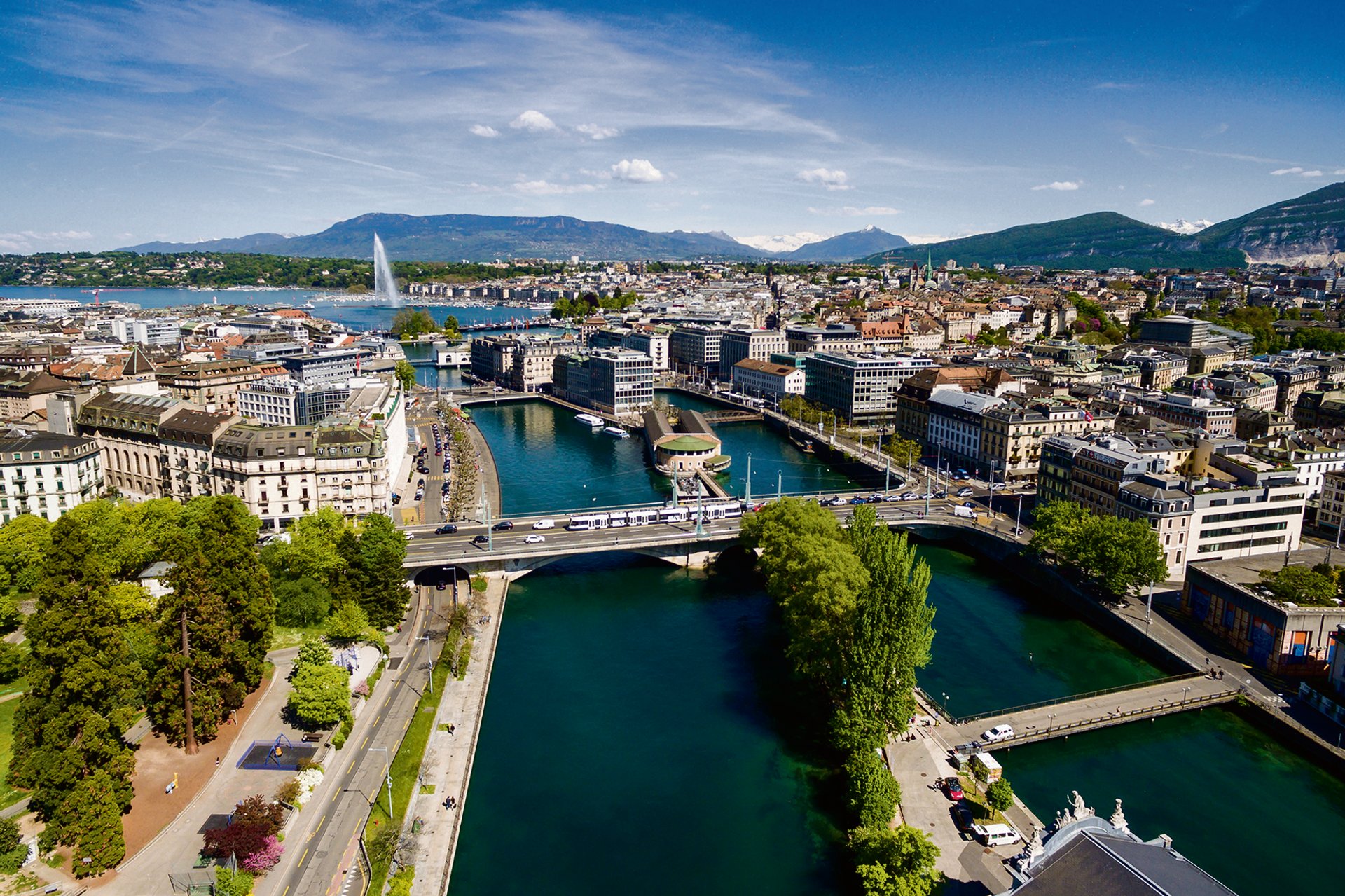
New horizons: Geneva is home to many international organisations which offer a way to gain a foothold in Switzerland Photo: Samuel B
Switzerland is unique in that it is in the heart of Europe, but not part of the European Union. It is, however, a member of the European Economic Free Trade Area, and has signed treaties with the EU allowing for relatively free movement to and from the bloc. What this means is that if you have a passport from one of the 27 EU member states or Iceland, Liechtenstein or Norway, you can live and work in Switzerland relatively easily for the first three months if you have a job lined up; all you need to do is show up with a valid ID and register with the local authorities. Your employer has to give them notice, too. If you do not have a job, you have three months to find one. If you are planning on staying longer than three months, whether you have a job or not, you have to obtain a permit from the commune where you live. And if you are self-employed, you have to register and provide proof that you will be able to support yourself. That means paying rent and expenses, but also covering things like health insurance. The cost of living is relatively high in Switzerland, so keep that in mind when budgeting.
Europeans have it easy; they are also in the priority lane for employers hiring from abroad. For immigrants from everywhere else, there are more rules to abide by. To move as a worker, there are two kinds of work permits: L permits, which are fixed-term and valid for up to a 12 months, and B permits, which are renewable annually. These are reserved for executives and professionals, meaning that you typically need to have a job offer from an established company, prove you are qualified with the right credentials, and have your future employer file paperwork with the cantonal authorities as well as with the Swiss consulate or embassy in your home country, which will issue you a visa. There are fees, of course, which can reach hundreds of Swiss francs (more if you work with a lawyer) and quotas, which cap out at 8,500 permits per year—but these quotas are not typically met, so they are not an impediment.
If you are young and playing the long game, it is not a bad idea to enrol in a bachelor’s or master’s programme
Education pays off
University graduates have an easier time obtaining the necessary work visas for non-EU professionals: if you are young and playing the long game, it is not a bad idea to enrol in a bachelor’s or master’s programme to build local connections, but it will not help you automatically gain the right to work in Switzerland: in order to get a student visa, you must attest that you intend to leave the country once your studies are complete. In terms of occupation, Swiss firms hire a lot in the finance, banking, biotech and tech industries, but there are also many consulting firms, engineering companies and universities that hire foreigners: great news for anyone who wears a lab coat, a pantsuit or a tie.
There is a small provision allowing “recognised persons from science, culture and sport” to take up Swiss residence, but only for eight months out of the year. Beyond that, athletes, artists, DJs and actors have to go through the usual channels.
So say you have made it, and liked it enough in Switzerland to stay. After five to ten years of continuous residence, you can change your B permit to a C permit, which is like a Swiss Green Card. And if you stick it out long enough, learn German, French or Italian, pass your citizenship exam, and prove to your local authorities you are worth keeping around, you might be lucky enough to obtain a Swiss passport. But do not hold your breath: the typical waiting period is ten years (shorter if you are married to a Swiss citizen, or spent time in the country as a minor.)
For employees of international organisations—of which there are a great many—the process is different, and largely managed by the agency in charge. But with the Trump administration’s assault on aid funding, that might not be a reliable option for Americans in the years to come.
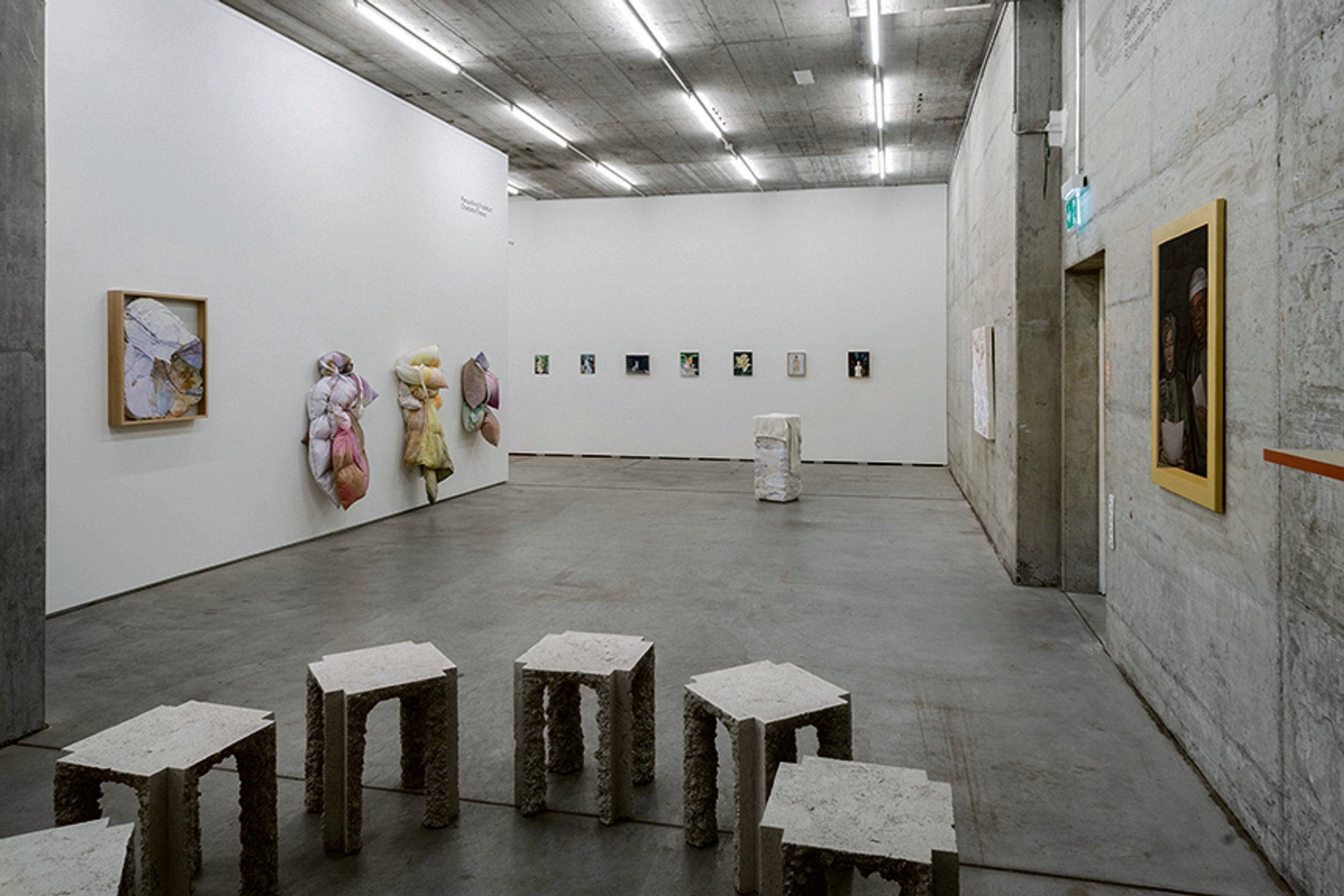
The June Art Fair takes place in a converted bunker—one of thousands in Switzerland Courtesy of June Art Fair
Not sure if it is worth the effort? Perhaps take a moment to visit one of Art Basel’s satellite fairs. Just a few minutes’ walk from the Messeplatz, June Art Fair takes place underground, in a concrete nuclear bunker. Switzerland has more than 370,000 bunkers—more per capita than any other country in the world and with enough space to shelter all of its nine million inhabitants. The Swiss do not leave anything to chance. Become a citizen and you know you will be looked after, even during the apocalypse.



